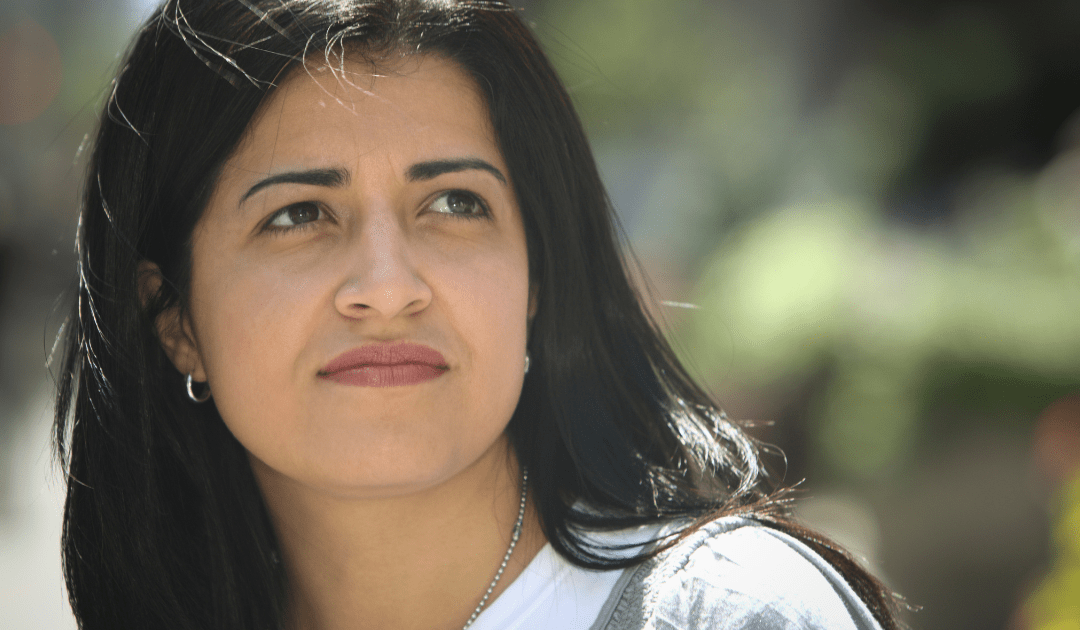Depression is a complex and often misunderstood mental health condition that can affect individuals from all walks of life. Within the Black, Indigenous, and People of Color (BIPOC) community, however, there are unique challenges and factors that can contribute to the prevalence as well as impact of depression. It is essential to shed light on these issues, break the stigma surrounding mental health, and foster a culture of healing and support within the BIPOC community. Unaddressed depression can have a profound impact on an individual’s daily life, relationships, and sense of well-being. Signs that you or someone you know may be experiencing depression include:
1. Feeling sad, empty, or hopeless most of the time, even when there is no apparent reason.
2. Losing interest in activities that were once enjoyable, such as hobbies, socializing, or work.
3. Experiencing changes in sleep patterns, such as difficulty falling asleep, staying asleep, or oversleeping.
4. Feeling constantly fatigued, tired, and lacking energy, even after rest.
5. Significant weight loss or gain, changes in appetite, or eating habits.
6. Having trouble focusing, making decisions, or remembering things.
7. Engaging in self-critical or other negative thought patterns, and persistent feeling worthlessness, guilt, or shame.
8. Feeling agitated, irritable, or restless, even over minor things.
9. Experiencing unexplained physical symptoms like headaches, stomach aches, or muscle pain.
10. Having intrusive and persistent thoughts of death, or dying.
By recognizing these signs and triggers, individuals can seek help and support to manage their symptoms and improve their overall well-being.
The Impact of Depression in the BIPOC Community:
Historical trauma, systemic racism, discrimination, racism based stress and social injustices are a few of the factors that can contribute to the higher rates of depression among BIPOC individuals compared to white identified individuals. These experiences can lead to feelings of hopelessness, helplessness, and powerlessness, which can exacerbate existing mental health issues or trigger new ones. Additionally, cultural norms and expectations within the BIPOC community such as seeking help from elders or religious leaders can sometimes discourage seeking help for mental health concerns. These cultural norms lead to denial, underreporting and undertreatment of depression.
Breaking the Stigma:
A major barrier to seeking therapy for depression is the perception among the BIPOC community that therapy for depression is associated with weakness, diminished pride, and activates a feeling of shame towards asking for help. The Black therapists at Melanated Womens Health LLC understand the importance of building trust and addressing mental health stigma when providing therapy for depression. Our compassionate Therapists understand that it is important to create safe and non-judgmental spaces and to normalize mental health conversations to ensure individuals in our care feel comfortable discussing struggles within their family system, relationships, and career.
Affordability of Therapy For Depression:
When discussing disparities in depression symptoms across racial and ethnic barriers, researchers have identified affordability of care and availability of resource as another factor to consider. In that, lack of health insurance, access to proper resources among these communities, or being unable to find in-network providers, acts as a barrier to treatment. The National Institutes of Health has also revealed that “even among the insured, costs may be a barrier to getting needed mental health care”. At Melanated Women’s Health LLC, we offer affordable services and are in-network with several insurance plans. The practice also provides assistance to all insured clients who need help determining their in-network or out of network benefits for mental health counseling.
What is Depression Therapy?
Though depression is a complex condition, Melanated Womens Health LLC specializes in providing therapy for depression to help the BIPOC community manage their symptoms and improve quality of life. Depression therapy, also known as psychotherapy or counseling, is a form of treatment that involves talking to a mental health professional about the thoughts, feelings, and behaviors that are connected with depression. The goal of therapy is to help individuals living with depression understand the underlying causes of their symptoms, develop coping strategies, and work towards positive behavioral changes to promote motivation for living. Therapy can also provide individuals with a safe space to explore difficult emotions, gain insight into their negative or intrusive thought spirals, and learn healthier ways to cope with daily stressors and challenges.
Benefits of Depression Therapy:
Therapy for depression can offer a range of social, mental and physical health benefits, including:
– Improved emotional well-being and self-esteem
– Better coping skills and stress management
– Enhanced self-awareness and insight
– Stronger relationships and communication skills
– Increased motivation and sense of purpose
– Long-term symptom relief and prevention of relapse
– Reduced Chronic Pain
-Increased sexual satisfaction
If you or someone you know is experiencing signs of depression or has identified triggers that are impacting mental health, know that help is available. It is essential to reach out to culturally responsive mental health professionals, support groups, or professional community resources that understand the unique challenges faced by BIPOC individuals. Remember, seeking help is a sign of strength, and you deserve to receive the support you need to heal and thrive.
Access Therapy for Depression Now:
Contact Melanated Womens Health LLC today to schedule a free 15 minutes consultation call to learn more about how one of our Therapists can be a good fit for you when providing therapy for depression.


